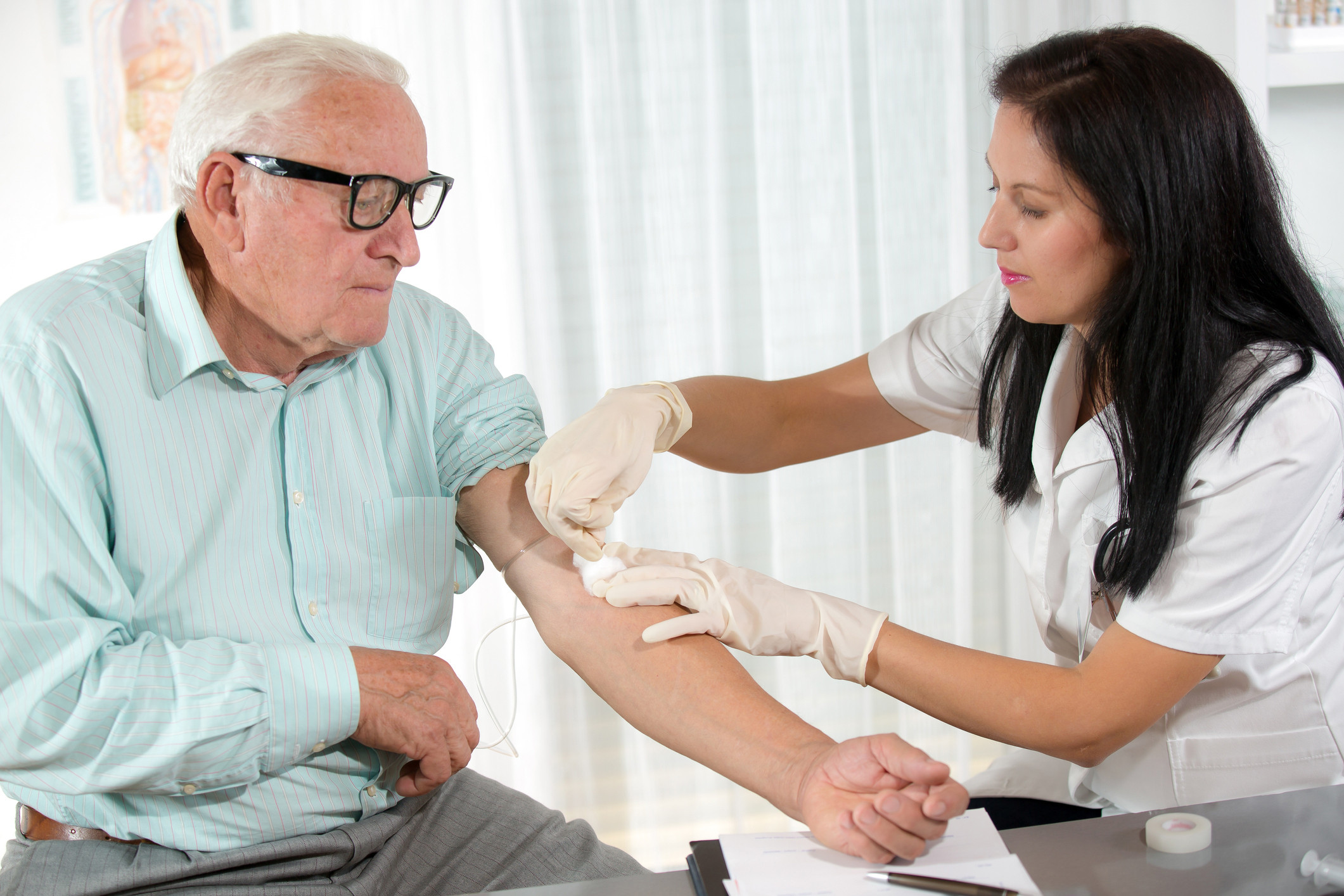Thrush is a common yeast infection that affects the genitals of both men and women and while usually harmless, it can cause irritation and soreness.
Ms Sharp was prescribed antibiotics by her GP — but four days later, realised the concerning spot wasn't going away.
Following her dose of antibiotics, and lack of success, Ms Sharp's family referred her for a biopsy which revealed she had vulval cancer.
Pippa Sharp, 49, had mistaken the ultra rare disease for a bad case of thrush in August 2022 - which saw her develop a sore, hard spot on her left labia. After being prescribed antibiotics by her GP, and realising the spot was still there days later, Pippa was referred for a biopsy. It initially revealed she had stage one vulval cancer, but a later scan revealed the cancer had spread to the lymph nodes in her groin.
Pippa then underwent surgery to remove the mass, 50 rounds of radiotherapy and five rounds of chemotherapy - but devastatingly, has now relapsed. The former brand innovation and awards co-ordinator, from Leeds, said: “I was embarrassed about vulval cancer at first - but now, I can’t shut up about it. It’s a rare cancer - but that doesn’t mean people shouldn’t know about it. This affects more than women over 55 - mandatory checks should be offered alongside the smear.”
Having suffered frequent bouts of thrush previously, Pippa initially brushed off the small, hard and sore patch she developed on her labia. But, during a routine GP appointment months later, she thought to mention it to her doctor - who suggested it could either be an infected cyst, or cancer.
Despite “immediately” believing it was cancer, Pippa agreed to take a course of antibiotics just in case. She said: “Four days after getting them prescribed, there was no change. I’m really cautious with health stuff, so I looked at the NHS website because I knew it was trustworthy. I had each and every one of the symptoms listed under ‘vulval cancer’ - from bloody discharge to persistent itching.”
Pippa went back to the GP on January 23, 2023 - who performed a biopsy on the sore patch. Four weeks later, she was referred to a consultant, who told her she likely had stage one vulval cancer. But she wouldn’t know the full extent until after her surgery to remove the mass, in March 2023. She said: “They removed the tumour, and took some lymph node samples to see if the cancer had spread. They found it had spread to lymph nodes around my groin. I was then told I had stage 3a cancer - I didn’t want to ask about the prognosis, or survival rates.”
After surgery, Pippa underwent further treatment - 50 rounds of daily radiotherapy, and five rounds of chemotherapy. She also had to soak her vulval wound in a sitz bath - a warm “bath” that wraps around a toilet - filled with betadine, an antiseptic. Once each treatment had finished, Pippa was discharged back to her consultant, who said he’d check up on her in three months. But in January 2024, she began to feel her labia had swollen again.
She added: “I spoke to the oncology nurses at my appointment with the consultant. They were so helpful, suggesting a number of things it could’ve been. But, I knew in my heart the cancer was back.” One month later, a biopsy confirmed the cancer had returned. This time, it had spread to two more areas - Pippa’s right labia, and her “back passage”.
On March 22, 2024, she had part of her right labia removed - and was referred to the treatment doctor in June. Pippa said: “I was told I’d need 30 radiotherapy sessions and five more chemo sessions. We went ahead with the paperwork, I went to see her again at the planning scan. I told her I was still worried about my right labia and back passage. She put a hold on treatment, and referred me back for biopsies.”
In July, Pippa’s biopsies came back, confirming the cancer had returned in her right labia. She had the entirety of it surgically removed - and is currently waiting for the remainder of her results before she starts more treatment. “It’s become a real focus of mine to get the word out there, while I'm waiting for the news,” she said. “We talk so much about how we need to check our breasts. But we should be checking our vulvas regularly, too.
“It’s a quick check when you go to the toilet, or when you’re laying in bed. Feel around for soreness, lumps and bumps - note if you find any unusual discharge. Always go to see your GP if you’re worried. You may be embarrassed for a few moments, but that 10-minute appointment could be the difference between finding it’s nothing - or catching cancer early.”
Vulval Cancer: Symptoms and Treatment
Cancer of the vulva is a rare type of cancer that affects women. The vulva is a woman's external genitals and includes the lips surrounding the vagina, the clitoris, and the Bartholin's glands. Cancer Research UK explains that as with most cancers, vulval cancer is more common as you get older. On average, each year more than 40 out of 100 new cases are in women aged 75 and over. It doesn't mean vulval cancers can't occur in young women, but this is rare.
Knowing the Signs
According to the NHS, symptoms of vulval cancer can include:
- A persistent itch in the vulva
- Pain, soreness or tenderness in the vulva
- Raised and thickened patches of skin that can be red, white or dark
- A lump or wart-like growth on the vulva
- Bleeding from the vulva or blood-stained vaginal discharge between periods
- An open sore in the vulva
- A burning pain when peeing
- A mole on the vulva that changes shape or colour
See a GP if you notice any changes in the usual appearance of your vulva. Though it is unlikely to be cancer, it is important that any changes are investigated.
Treatment and Prevention
The main treatment for vulval cancer is surgery to remove the cancerous tissue from the vulva and any lymph nodes containing cancerous cells. You may also have radiotherapy or chemotherapy. About two thirds of vulval cancers are thought to be preventable with 69 per cent estimated to be caused by infection with human papillomavirus (HPV). HPV are common viruses spread by sexual activity that usually don't cause any symptoms, but some are linked to increased risk of cancers such as vulval and cervical forms of the disease.
This is partly why people in the UK are now offered an HPV vaccine in secondary school.
A Call to Action: Spotting the Signs
Pippa’s story highlights the importance of being aware of the signs and symptoms of vulval cancer, and seeking medical advice if you notice any changes in your vulva. By being proactive and seeking early diagnosis, we can increase the chances of successful treatment and improve outcomes for women facing this disease.


















